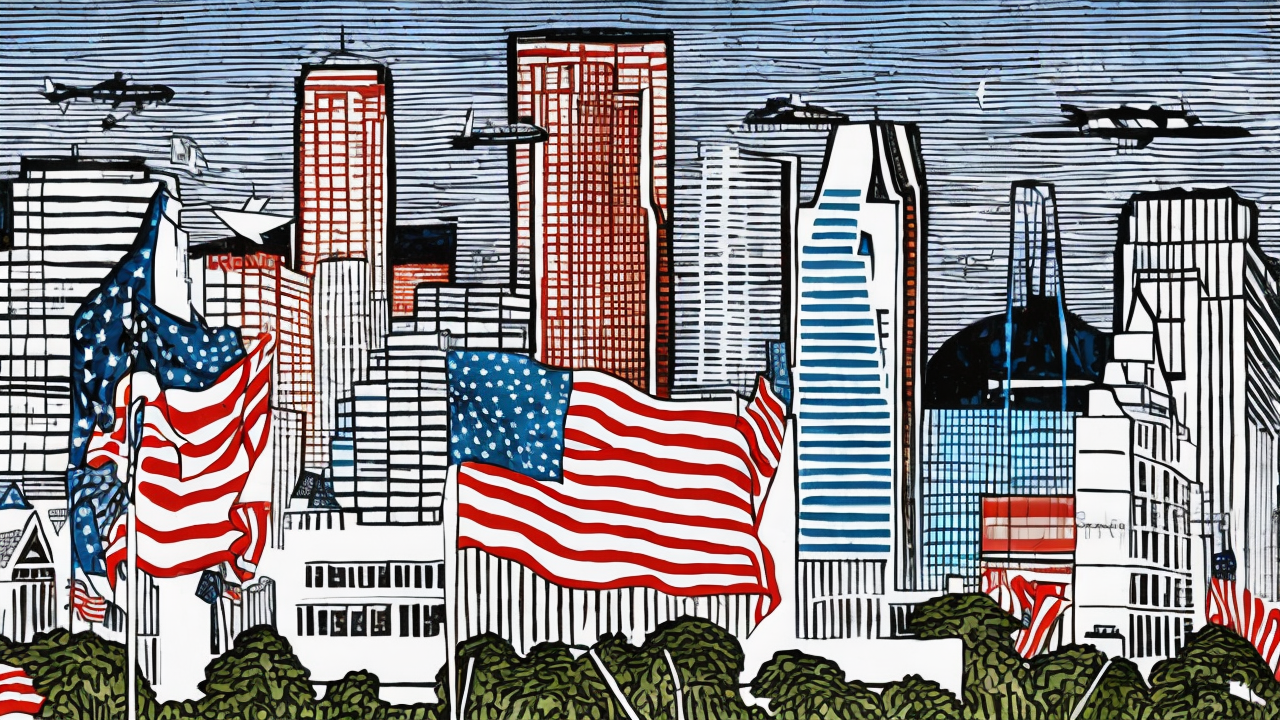The Role of Islamic Jihad Theology in Modern Global Conflicts

Islamic jihad theology and ideology have increasingly become central to understanding modern global conflicts. These beliefs, which emphasize holy war to defend the faith and expand its reach, have influenced various movements and conflicts worldwide. From the Middle East to parts of Africa and Asia, jihad theology has inspired extremist groups, contributing to instability and violence. In recent discussions, attention has focused on Iran, where internal turmoil has raised questions about the future of the Islamic Republic. Some commentators express hope that the regime, established in 1979, may be nearing collapse, with Tehran's chaos seen as a potential turning point. Public sentiment, both within and outside Iran, increasingly calls for regime change, viewing the current instability as a catalyst for broader reforms. President Trump's advice for residents to evacuate Tehran has sparked debate, with some interpreting it as a show of respect and a rallying cry for change. This sentiment aligns with the broader MAGA movement, now invoked in the context of Iran, reflecting a desire for similar transformative leadership. As global conflicts continue to evolve, the influence of Islamic jihad theology remains a critical factor. Its role in shaping both regional tensions and international relations underscores the need for a deeper understanding of its implications for global security and governance. The ongoing situation in Iran serves as a stark reminder of the challenges posed by such ideologies and the potential for significant geopolitical shifts in the region and beyond.
Published: 6/17/2025
















